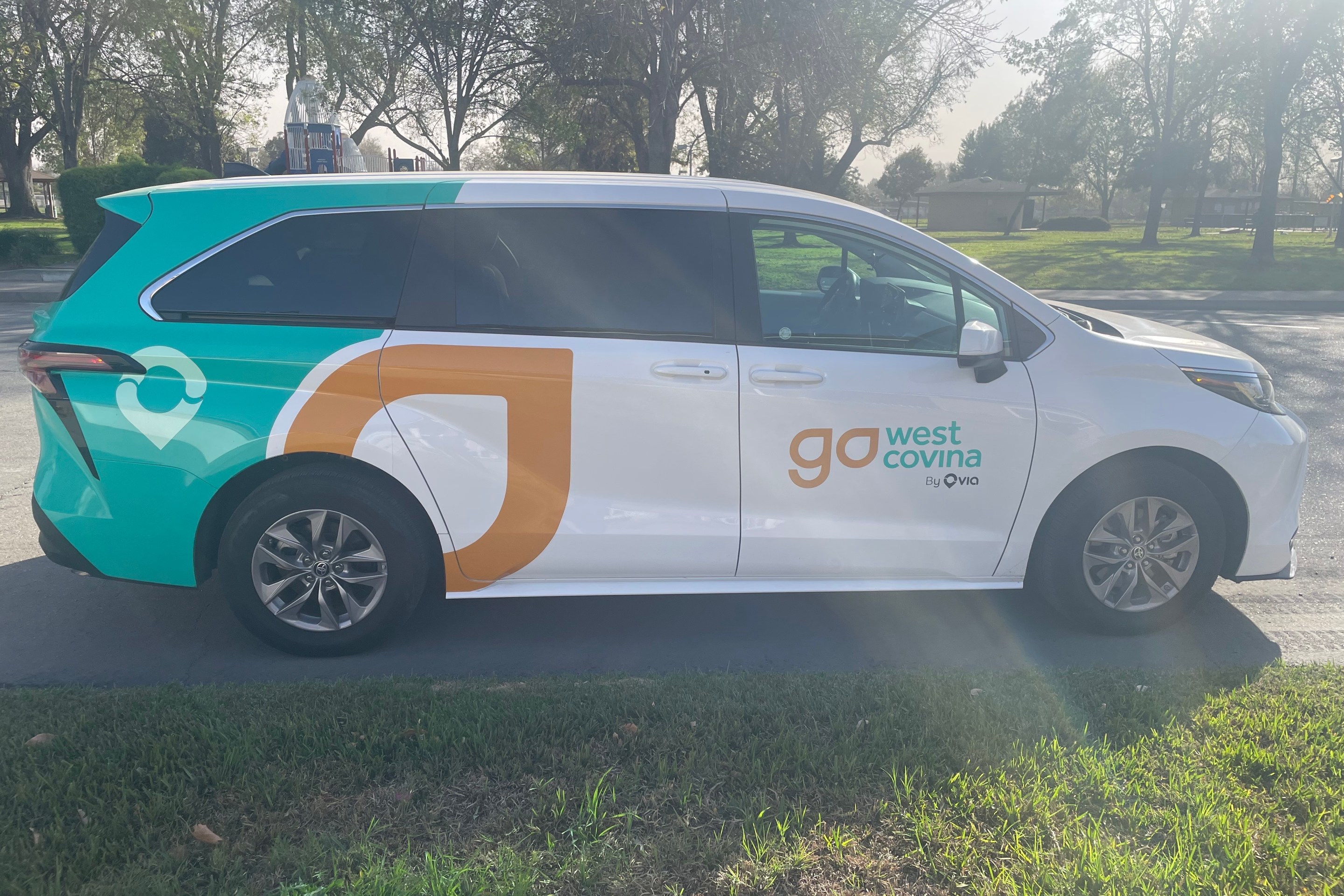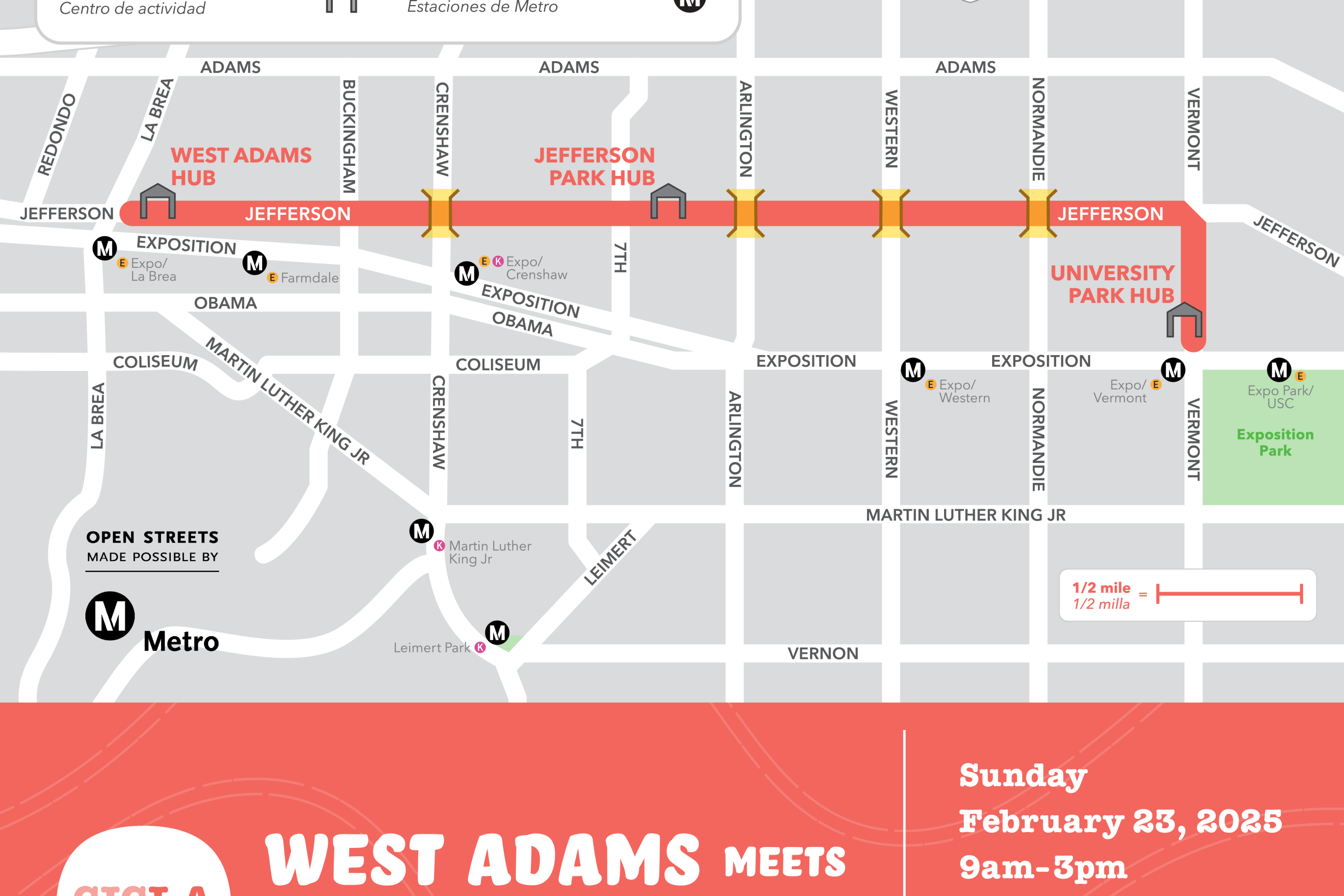GM's highly publicized claim to triple-digit fuel efficiency for its new Chevy Volt has sparked a debate over the solidity of the estimate as well as the lack of charging stations where non-garage-owners could charge a Volt. But another byproduct of the rise of electric vehicles is getting less attention: its effect on the nation's transportation funding crisis.

The Obama administration remains opposed to increasing the 18.4-cent per-gallon federal gas tax, leaving legislators rudderless as they aim for hundreds of billions of dollars in new infrastructure investments.
Yet if electric cars become the phenomenon that the White House and GM are hoping for, the gas tax?s already waning power to raise revenue would wither even more rapidly. There is already growing interest in Elon Musk and his cars from Tesla Motors, which offer luxury electric cars.
The question would then be, as University of Minnesota transportation expert Lee Munnich put it to the Pioneer Press this week, "If everybody is driving electric cars, who would pay for the system?"
A research team from the university tackled that question in a report to the Minnesota legislature last month that pinpointed eight possible ways to fund transportation based on the theory of "value capture" -- namely, that building new roads and transit tends to increase the value of nearby land, providing an economic opportunity to leverage that increased wealth for the benefit of the whole system.
The Minnesota report did not endorse any one of the eight, nor did it ignore the potential political and social shortcomings of "value capture." But the report's authors noted that their approach could provide a middle ground between directly charging users of transportation networks and imposing across-the-board taxes on non-users:
["Value capture" methods] target a restricted set of indirect beneficiaries: landowners and developers whobenefit from the increased land value that follows a transportation improvement.
If the Obama administration's electric-vehicle push forces policymakers to quickly look to a vehicle-miles-traveled tax or "value capture," would the gas tax then slide into limbo? Auto industry CEOs hope not; several have openly called for higher gas taxes to help push consumers into new electric cars.
Mike Jackson, CEO of the car-sales site AutoNation, told CNBC earlier this year that the Volt and other electric vehicles could not be viable without higher gas taxes. Similar sentiments have come from the chiefs of Hyundai and Ford as well as the former head of GM.
It remains to be seen whether electric cars' pressure on the gas tax becomes a political factor as lawmakers debate the next long-term transportation bill. To some degree, that pressure is already being exerted by Americans' move toward less driving and more fuel-efficient vehicles.
But if electric transportation stays top-of-mind at the White House -- which threw its weight behind a "cash for clunkers" plan that one of its own officials admitted looked more like "clunkers for clunkers" -- it's worth asking whether there's a corresponding plan to generate significant new revenue for infrastructure.




